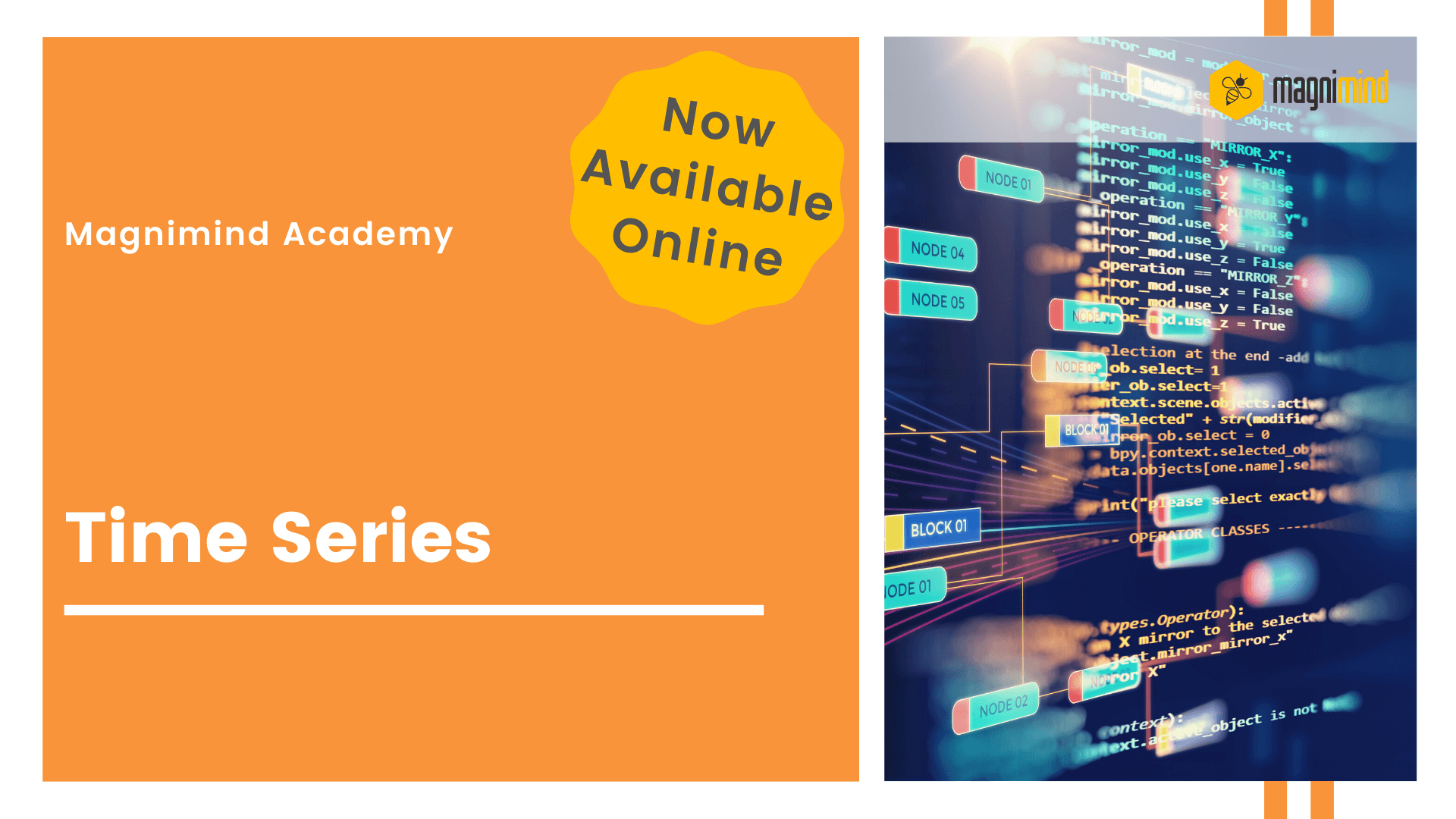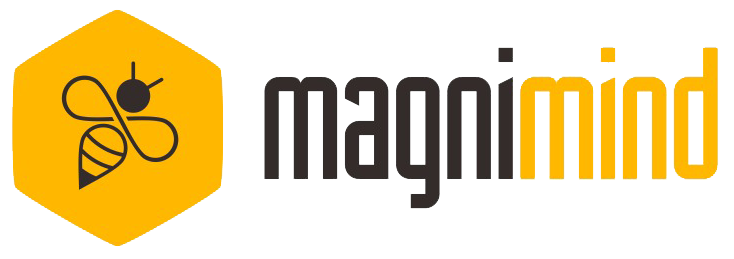
Time series forecasting is an important part of machine learning that requires an additional effort to recognize the impact of the time-component of the problems, such as trends and seasonality. In this series of lectures, you will be introduced to basics of time series models in Python environment. Specifically, you will have gain hands-on experience on handling forecast models in four sessions.
Who this course is for:
- Anyone who wants to be master in time series data with python
- Anyone who wants to become proficient in time series data analysis working with real life data
- People interested in applying machine learning techniques to time series data
Course Requirements:
- Prior familiarity with the interface of Jupiter Notebooks
- Prior exposure to basic statistical techniques
- Be able to carry out data reading and pre-processing tasks such as data cleaning In python
What will you learn?
● Week 1. Fundamentals
● Python Environment
● What is Time Series Forecasting?
● Time Series as Supervised Learning
● Load and Explore Time Series Data
● Data Visualization
● Resampling and Interpolation
● Power Transforms
● Moving Average Smoothing
● Week 2. Temporal Structure
● Introduction to White Noise
● Introduction to the Random Walk
● Decompose Time Series Data
● Use and Remove Trends
● Use and Remove Seasonality
● Stationarity in Time Series Data
● Week 3. Evaluate Models
● Backtest Forecast Models
● Forecasting Performance Measures
● Persistence Model for Forecasting
● Visualize Residual Forecast Errors
● Reframe Time Series Forecasting Problems
● Week 4. Forecast Models
● Introduction to the Box-Jenkins Method
● Autoregression Models for Forecasting
● Moving Average Models for Forecasting
● ARIMA Model for Forecasting
● Autocorrelation and Partial Autocorrelation
● Grid Search ARIMA Model Hyperparameters
● Save Models and Make Predictions
● Forecast Confidence Intervals
Start learning the Time Series with outside of business hours schedule!
The 12 hours of schedule is as follows:
February 15 – 22 – 29 and March 7
Saturdays, from 2:00 pm to 5:00 pm
The venue for the bootcamp is Magnimind Academy Sunnyvale Campus: 830 Stewart Dr #182, Sunnyvale, CA 94085. The capacity is limited to 20 people.
Time Series Mini Bootcamp is now also available online. Anyone who wants to attend this mini bootcamp can join online live webinars where the same course content will be taught. Online sessions will be distributed through zoom conferences. Students will have access to the screen of the instructor, external camera showing class atmosphere, whiteboard, and be able to ask questions through chat. You may attend this mini bootcamp no matter where you are.
Tuition fee
Time Series Mini Bootcamp has a $300 tuition fee.
For the “Early Bird” applicants (January 15 – February 8), the tuition fee is $250.
Payment process
After you finish filling your application form, the website will direct you to the payment page. There, you can select available payment options.
Cancellation
If you’re not satisfied with the course you may cancel your application.
Course Application
The application process starts at magnimindacademy.com. You can view the course pages and learn more about your intended course. You can apply by clicking the “Buy now” button and then fill out the application form.
Yasin Ceran is passionate about all things data and holds a vast experience in data analysis, mathematical modeling and Apache Spark, and in SQL, Python and R. Since 2013, he has been working at Santa Clara University as an assistant professor in the Information Systems and Analytics department (earlier Operations Management and Information Systems department), teaching applied machine learning, software platforms, and computer networks. He holds extensive experience in working on various data intense business platforms. Some of the notable projects he contributed to include the development of a predictive inventory allocation algorithm for Blockbuster with regard to the relationship between sales and customer reviews. Later, he created a mathematical model to capture the decision-making process of online customers based on their collection of data from different sources on the Web. He also developed a probabilistic model to detect churning users for Stumbleupon.com. Yasin is the proposer of an algorithm that helps to reduce bias in electronic formats. His present role involves working on optical DNA sequencing based on actionable big data.
Yasin has completed his Ph.D. in Management Information Systems from the University of Texas at Dallas. He earned his M.S. in Electrical Engineering with a concentration in Telecommunications from the same university and obtained his B.S. in Electrical Engineering from Osmangazi Üniversitesi. At Santa Clara University, he also supervised a large team of software development students working on the Capstone Project. During his 5+ years of working experience, Yasin has worked rigorously on an array of data related projects encompassing data mining, statistics, big data, data science, and data visualization, and is dedicated to sharing his experience and expertise with learners. Apart from data science, Yasin’s knowledge spectrum also expands to cybersecurity and he is an ardent follower of innovative processes and implementations of technologies to defend the world’s digital economies.
